The state of emergency in the economy remains in Pridnestrovie, which was introduced due to the negative economic consequences caused by the reduction in natural gas supplies to the republic. The decision to extend the state of emergency in the economy will be made tomorrow at an emergency meeting of the Supreme Council of the Pridnestrovian Moldavian Republic.
Today an extended meeting was held in the conference hall of the presidential executive office. The state of affairs in the economy and ways out of the difficult situation in which the state found were discussed. The country maintains a special legal regime of emergency in the economy. The President proposed to extend it until August 9. A corresponding decree was submitted to the Supreme Council for consideration. The deputy corps will hold tomorrow the 2nd Extraordinary Meeting of the Supreme Council of the IX session of the VII convocation to vote on this initiative online.
The President of the Pridnestrovian Moldavian Republic invited the heads of the legislative and executive branches of government, members of the government and parliamentarians responsible for the financial and economic direction to today's working discussion. A commission was formed to develop measures aimed at overcoming the economic crisis and minimizing its consequences earlier on the instructions of the President. Its findings and proposals were discussed in the course of the meeting. The main developments belong to the government. Legislators considered it and proposed some adjustments. The chairman of the relevant parliamentary committee Viktor Guzun spoke about them.
The discussion part of the meeting focused on budget-forming industrial enterprises, mainly export ones. An important task is to provide the budget with tax revenues, but the fundamental task is to preserve the teams, emphasized Vadim Krasnoselsky. The availability of jobs is a strategic tool for consolidating society and preserving the population, emphasized the President. They talked about the agricultural sector, state programs, prospects for the Capital Investment Fund, and social obligations. They discussed the influence of external factors. It is problematic to forecast income. Expenses should be minimized at this stage. It is necessary to determine conceptually which government spending can be postponed and which items are inviolable. This is what the main part of the discussion was devoted to. Work on changes to the 2025 budget and the development of a draft of the country's main financial document for 2026, taking into consideration the current realities, continues.
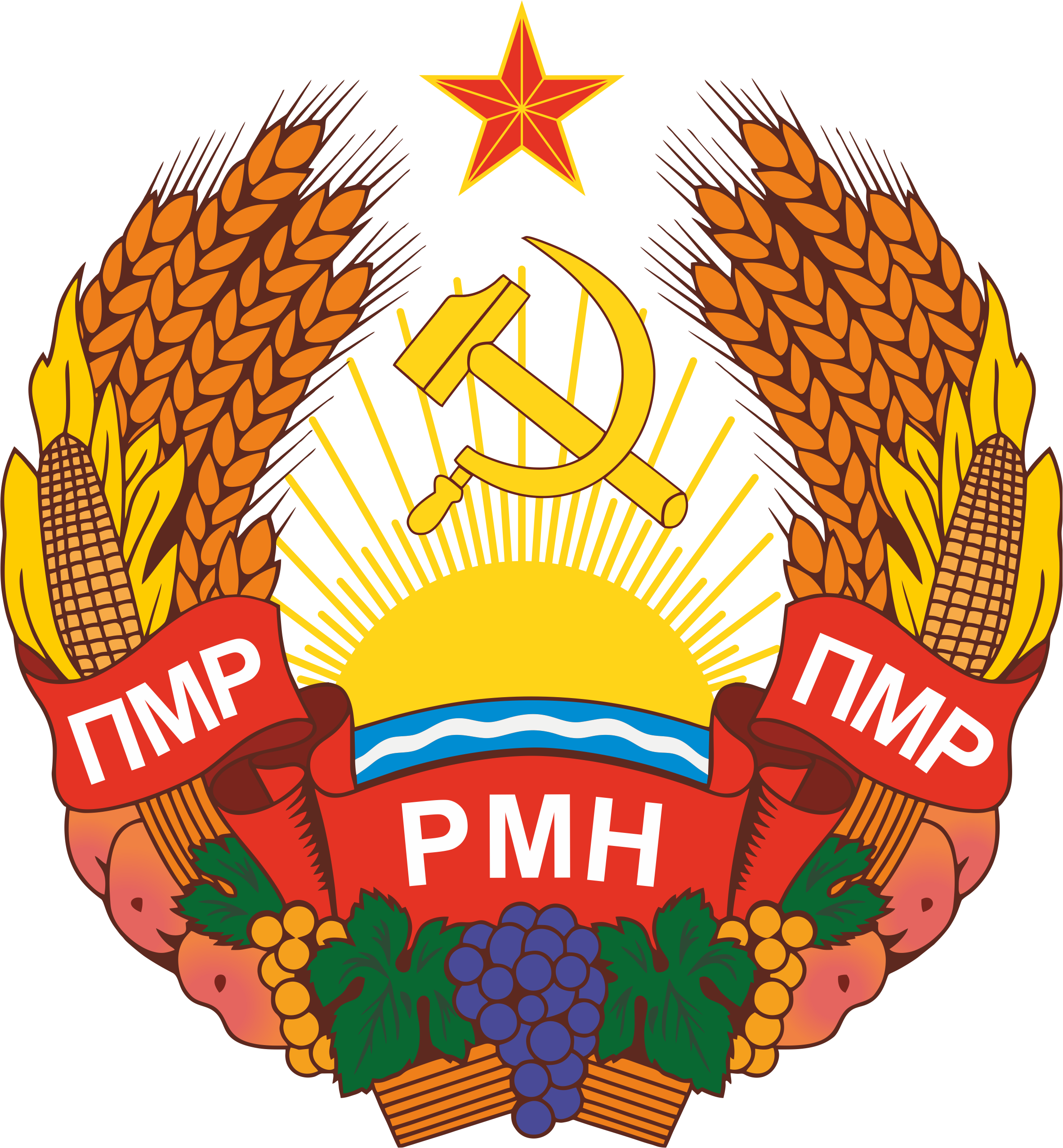

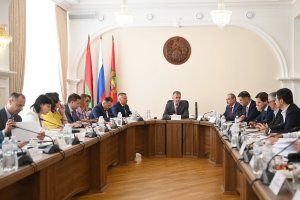
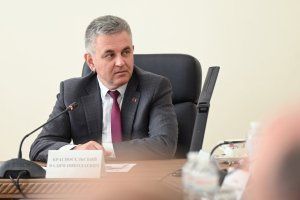
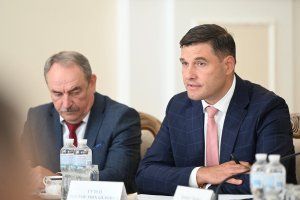
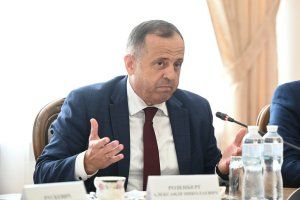
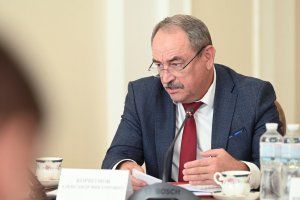
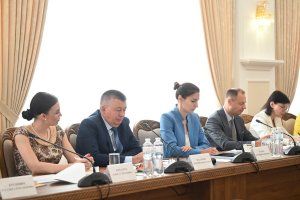
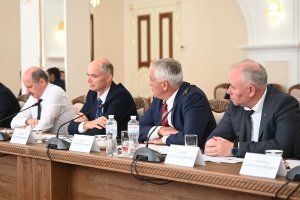
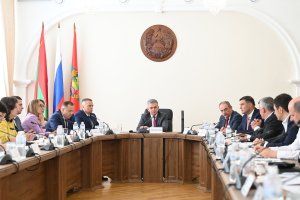
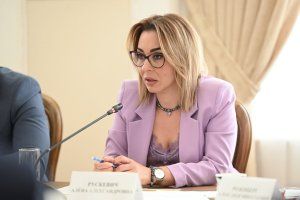
 Законы ПМР
Законы ПМР Постановления
Постановления Законопроекты
Законопроекты Анонс мероприятий
Анонс мероприятий 0 (533) 6-24-24
0 (533) 6-24-24